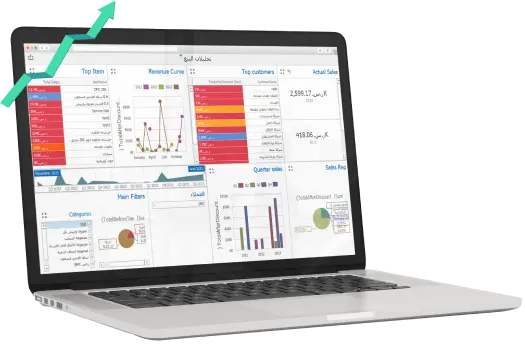After purchasing the fixed asset and works well, then we need maintenance and spare parts in order to be able to maintain its efficiency to live for long period, These expenses that we pay are called in the accounting" the subsequent costs of acquiring the fixed assets" Accounting standards divided these costs into different types and each type has a different accounting treatment.
The first type: periodic maintenance expenses
They are like lubrication and lubrication expenses, recurring spare parts expenses, annual car licenses, etc.
This type is called regular periodic maintenance expenses. And, of course, we consider it an expense that expires and is carried over to the regular income value, and confirmed with this entry:
From the account / maintenance expense
To an account / cash or fund
The second type: Maintenance expenses inclusive or capitalist
It's the expenses that we pay in order for the original to last for a longer period or increases its efficiency
It is better for this type of production and these expenses to do something called capitalization, meaning that I will distribute them over several periods and not one period, so we call it capital expenditures.
Daily entries:
If these criteria, or these expenses, improve the quality of the asset or improve its product, I will treat it as an increase to cost the asset, and the entry will be as follow::
From account/origin
To the account/fund
There is a last type and this is mostly done in airlines and ships; When they do an overall maintenance every 4 or 5 years on their own assets , We allocate for this type independent account called
Comprehensive Maintenance Account / Costs,
and we do for it what something called amortization as depreciation exactly, and we consume it over the course of these 4 or 5 years, and the entry is as follow:
From account / overall maintenance costs
To the fund account
And we transfer annually its related expenses by this entry
From the maintenance account / expense
To account / overall maintenance costs
Thus, we have known the meaning of costs subsequent to the date of acquisition and
accounting treatment according to the standards.







